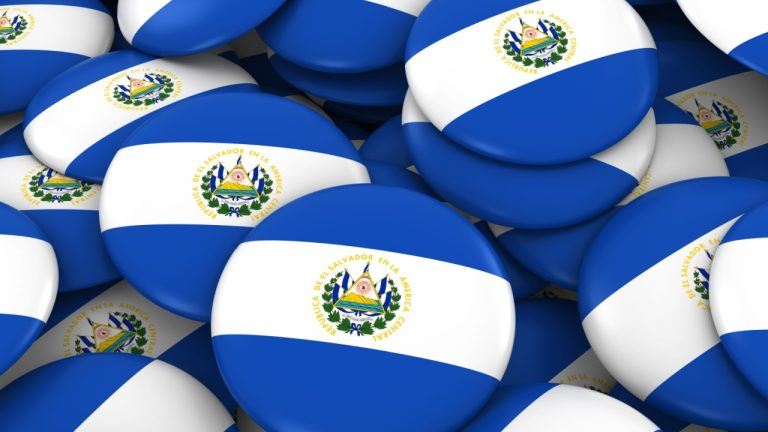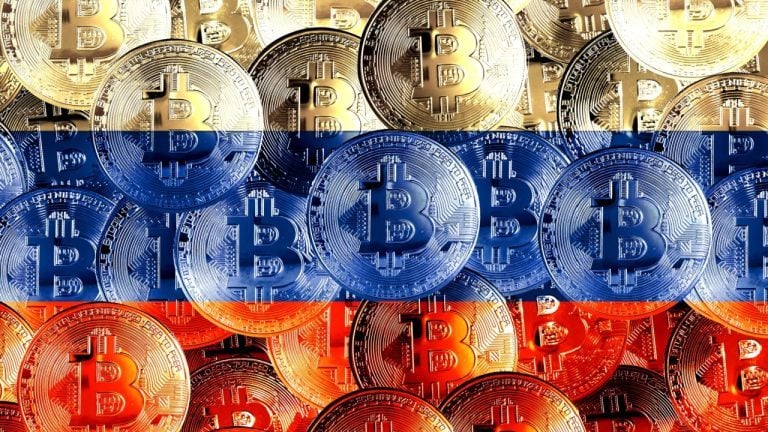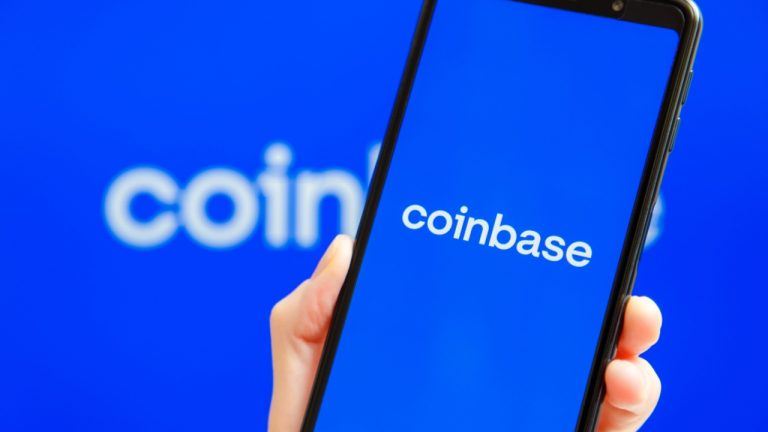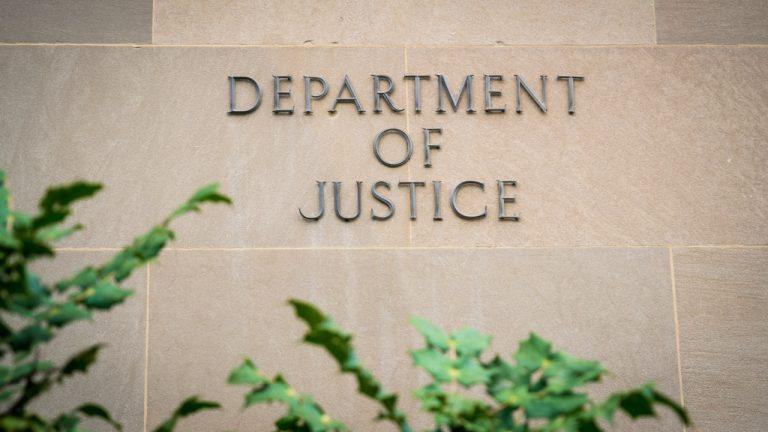
Growth hacker uses crypto to help the unhoused

Giacomo Arcaro distributed more than $20,000 worth of Ether to some of New York City’s homeless population last weekend.
Before the 2017 bull run, growth hacker Giacomo Arcaro often slept in his car. Now an entrepreneur who speaks at crypto conferences and forums, he is looking for ways to promote adoption and help those financially struggling as a result of the ongoing COVID-19 pandemic.
Last weekend, Arcaro prepared to issue up to $50,000 in Ether (ETH) crypto loans to homeless and unhoused people in New York City. After speaking with some of the roughly 80,000 individuals in the city’s homeless population on a different occasion — and giving away some Bitcoin (BTC) in the process — he said many were, unsurprisingly, asking for money for necessities like blankets or food. However, some reportedly wanted funds to buy equipment to work remotely — for example, microphones.
On March 20, the growth hacker set up posters on Wall Street with crypto expert Eloisa Marchesoni and listened to business pitches from unhoused individuals, many of whom don’t have the ability to apply for a loan through traditional banks. Arcaro approved 12.5 ETH — roughly $22,000 at the time of publication — in loans, with an average of 0.5 ETH going to each person.
“Some interesting ideas that Eloisa and I vetted and funded were related to recycling, investing in the purchase of equipment to collect cans and bottles,” said Arcaro. “One woman was going to use the ETH to then buy a professional trash picker and stroller cart to carry the cans and bottles to the nearest store where she will drop them off each time to get some money in return.”

In approving the crypto loans, the growth hacker sent the ETH directly to Coinbase wallets on the recipients’ smartphones with the stipulation that should they pay him back in the future, he would double the loan and continue the relationship. If they immediately cash out, he would not assist them again.
“They did not easily accept the idea of having to download Coinbase Wallet on their phones and having to handle intangible money. It was harder than I thought to speak to them about Ether.”
Though Arcaro acknowledged this is not the typical way many try to help homeless people in the United States — which is often done by donating to nonprofit organizations, giving cash directly to them on the street or through an online fundraiser — his approach is reportedly based on the work of Nobel Peace Prize winner Muhammad Yunus. The Bangladeshi social entrepreneur pioneered much of the work around microcredits in the 70s and 80s, giving small loans to many unbanked people in poor communities.
“If these guys are smart, they can do all sorts of microinvestments,” said Arcaro. “If they keep this money in their wallets and stake it, they may earn $2 or $3 per day — which is a lot for a homeless person.”
Though it is difficult to get a true count, some estimate that there are more than 150 million individuals without homes or proper shelter around the world. In early 2020, there were more than 580,000 people homeless in the United States, with many in New York City and Los Angeles. However, with the economic impact of the pandemic, that number has likely increased significantly.
“I can guess there’s a lot of really smart people that have some issues with COVID and they are in the streets,” said Arcaro. “They cannot access [credit], they cannot open any bank account, they cannot ask for mortgages.”
Arcaro’s methods require that any unhoused or homeless person requesting a crypto loan have a smartphone capable of supporting Coinbase Wallet. Though he said that “all the homeless” he encountered had access to the internet, that may not always be the case outside of a major hub like New York City. A 2018 study showed that the majority of homeless people in the U.S. do have access to mobile phones, while a separate report from the City Bar Justice Center cited smartphones and internet access as a major factor in shortening periods of homelessness.
“If you’re not comfortable with crypto, it’s not for you, but [this is for] a ‘new kind’ of homeless. The ‘startup’ homeless, or the people who want to step out of poverty. […] It’s for people who want to do something with their life but they have bad luck.”
Following the rollout on Wall Street, Arcaro said he would circle back in about a month to check in on the loan recipients to address any technical or logistical issues. He said he may eventually try the experiment in Los Angeles and San Francisco as well as internationally in Germany, Dubai and Thailand.
Go to Source
Author: Turner Wright









